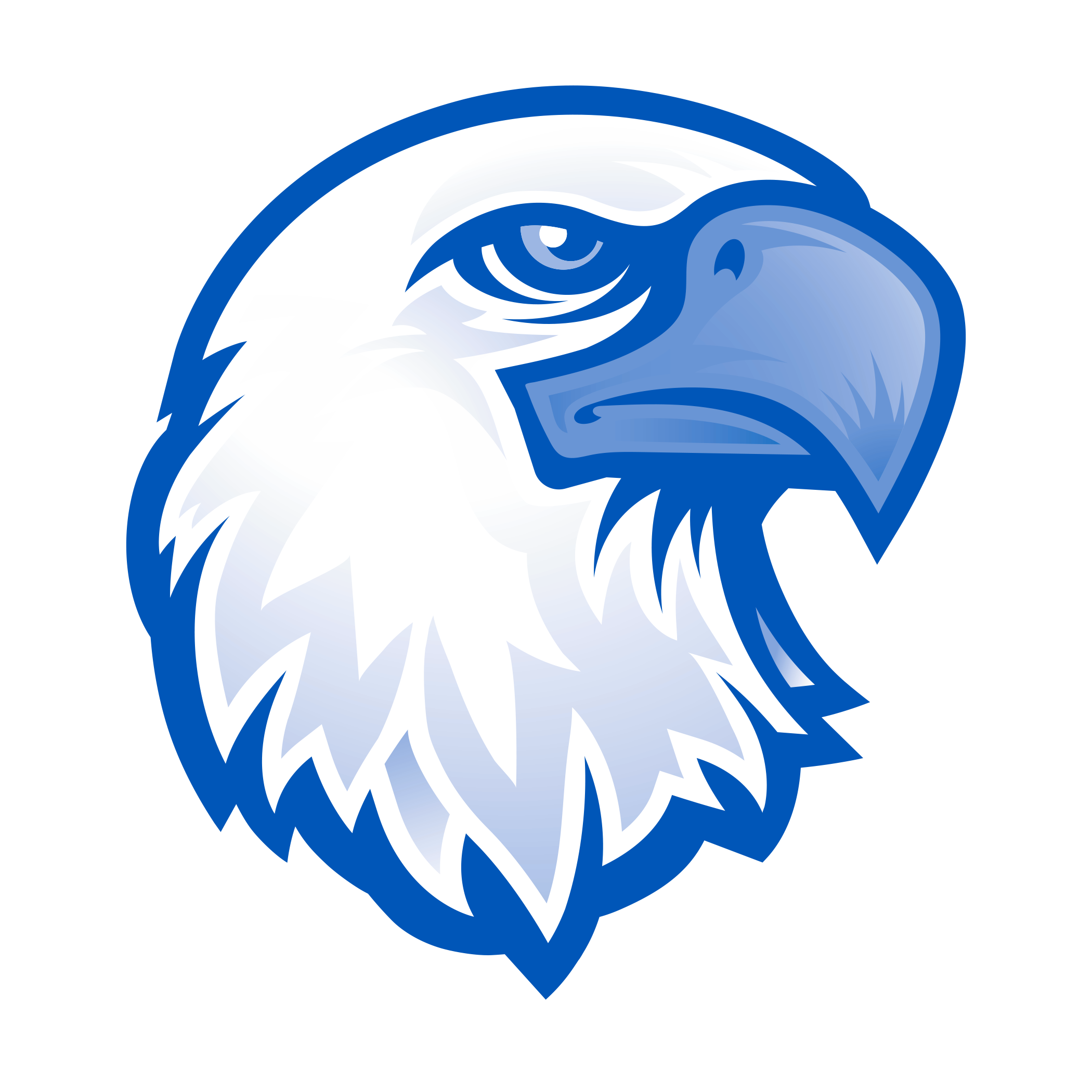Course Descriptions
Business Law helps students understand their legal obligations and rights in business and society to avoid legal difficulties. This course covers areas such as constitutional law, criminal and civil law (e.g. felonies, misdemeanors, white-collar crimes, torts), contract law (e.g. apartment leases, cell phone agreements), intellectual property law (e.g. copyright infringement, patents, trademarks), employment law (e.g. discrimination, workplace safety, employee rights and responsibilities), and more. Students will apply what they have learned as they research actual cases and participate in several mock trials and debates.
Marketing remains one of the most popular choices as a college major and as a career. Companies in all industries rely on the marketing functions to expand their operations and attract new and existing customers. In this course students will learn about the core areas of marketing including marketing research, product development, pricing strategies, distribution, and advertising. This is a project based class where students have opportunities to demonstrate and apply what they learn.
Students complete a “Shark Tank” project where they develop an idea for a new product which they pitch to potential investors (their classmates). They participate in a project called “Restaurant Wars” where they develop a menu for a new restaurant that is opening and prepare financial calculations for the business using Google Sheets. The marketing class partners with the Family and Consumer Science class for their food truck competition. They create a business plan and a promotional campaign for the food trucks. Other projects also include conducting marketing research to solve a contrived business problem and the creation of a video public service announcement to raise awareness for a social issue.
Accounting is called the language of business. Accounting I strives to give the student an overview of a typical accounting system. The student will learn how to evaluate and record business transactions using the double entry system of accounting. The course presents all phases of the accounting cycle and all basic, common transactions and stresses the “why” as well as the “how” in applying accounting principles to a variety of business records. The reporting of financial information to users is a key aspect of accounting. The course covers the preparation of the three primary financial statements used by all businesses. Much of the material presented is of personal value, such as knowledge of payroll records and payroll taxes as well as banking records. It serves as a sound foundation for further study in the field of accounting or as a background to the business student or aspiring entrepreneur. Students also participate in several enrichment activities including exploring the topic of ethics and why it is essential to the success of the business. They learn about the Enron scandal and how it changed the accounting profession and they have an opportunity to research a corporate scandal and present their findings to the class.
course students will learn about the core areas of marketing including marketing research, product development, pricing strategies, distribution, and advertising. This is a project based class where students have opportunities to demonstrate and apply what they learn.
This honors course builds upon the accounting skills that the student acquired in Accounting I and is equivalent to the first Financial Accounting course that all college business majors must take.The focus in Accounting II is on the business transactions of corporations. This course takes an in depth look at accounts receivable/bad debts, marketable securities, promissory notes, inventory systems and valuation methods, depreciation methods and asset valuation, accounts and notes payable, accrued revenues and long term liabilities, as well as various equity transactions. Students will find this course invaluable if they are interested in furthering their education in any business related field. This course is available with the RACC Dual-Enrollment option. A good attendance record is essential. Prerequisite: A student should perform well in Accounting I or receive their teacher’s recommendation.
course students will learn about the core areas of marketing including marketing research, product development, pricing strategies, distribution, and advertising. This is a project based class where students have opportunities to demonstrate and apply what they learn.
The United States is a major player in the world’s economy and whether working in another country or employed by an American company that has offices overseas, it is important to understand how the core functions of business are modified for success in the global marketplace. Students will learn about the cultures and economies of world markets. Topics of study include investing in foreign exchanges, international marketing, importing/exporting, international law, communication challenges, business etiquette, foreign relations, and much more. Students will take a closer look at some of the United State’s major trading partners as we sample their food, learn some basic business words and key phrases in the local language, and discuss requirements for relocating for employment or school. This class is ideal for any student thinking about working and/or studying in another country.
course students will learn about the core areas of marketing including marketing research, product development, pricing strategies, distribution, and advertising. This is a project based class where students have opportunities to demonstrate and apply what they learn.
The internship program provides students with a practical introduction to the professional work environment through direct contact with professionals in the community. Students can gain hands-on experience in a particular career/field that is of interest to them. This course is available to students who plan to work upon graduation from high school and to those who are college bound. This program will prepare students for a career, help them examine their career interests, and explore avenues for continuing post-secondary education or entry into the workplace. Internships can be tailored to the unique needs and interests of the student and can be paid or unpaid. A learning agreement outlines the expectations of all parties: the student, parent, school, and the mentor/employer. Students who intend to enroll in this program must complete all required paperwork by the end of the current school year. It is the student’s responsibility to identify a location for their internship opportunity which must be approved.
Have you ever thought about starting your own business? This course examines the “American Dream” of business ownership through a variety of activities and projects. Students will identify and assess common traits and skills found in entrepreneurs, explore business opportunities, and compare the risks and rewards of owning a business. Students will have the opportunity to explore their own entrepreneurial interests as they develop a business plan for a business of their choice. Students will then explore the growing trend of e-commerce (doing business online) as we learn about website and app development. Prerequisite: A previous business course is suggested but not required.
Business continues to be the most popular college major and this foundational course will introduce students to each of the core business functions. The course is divided into multiple units so that students can see which area(s) of business they would like to learn more about in a specialty business course (e.g. Marketing, Business Law, Accounting, International Business). A variety of activities and projects (e.g. family household budget, stock investment contest) will reinforce the key points in each unit. Students interested in pursuing non-business careers will also benefit from this course as it will provide a basic understanding of what business is and how it will continue to be an integral part of their lives.
This course is an advanced business course with special emphasis on the multi-billion dollar sports and entertainment industries. Students will learn how sports teams, movie studios, video game creators, music producers, and travel companies provide us with the experiences we enjoy every day. Specific topics include event planning, project funding, drafting and recruiting, ethics and legal issues, product development, and much more. Special emphasis will be given to the core functions of marketing as it relates to sports and entertainment companies. Students will have the opportunity to apply what they learned as they create and manage their own fantasy sports team. Students will also learn about the many careers available in the sports and entertainment industries. Prerequisite: Successful completion of any business course or course instructor approval.
Everyone loves money, but many people do not understand how “it” works. This course provides students with a basic understanding of money management so they can be more fiscally responsible now and in the future. Topics of study include goal setting, bankruptcy, personal spending plans, tax preparation, banking services, use and abuse of credit, savings and investing, insurance, career exploration, paying for college, identity theft, and other topics designed to help students become financially literate and develop a positive relationship with money. Throughout the course, students will complete a variety of activities and simulations as they develop their own Financial Plan. All students, regardless of their intended college major, will learn valuable skills they will use throughout their life.


